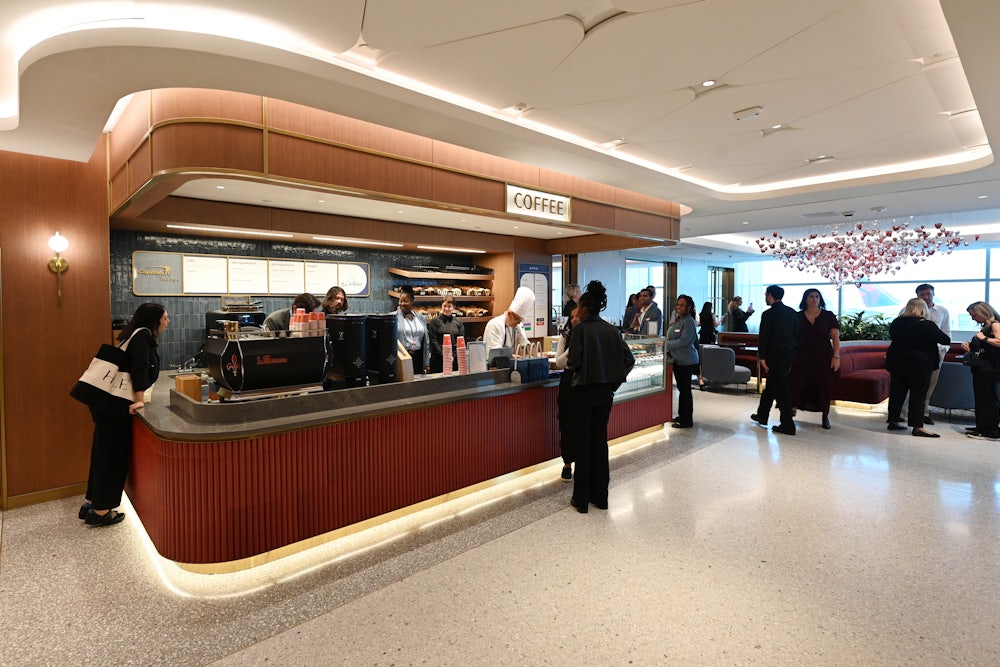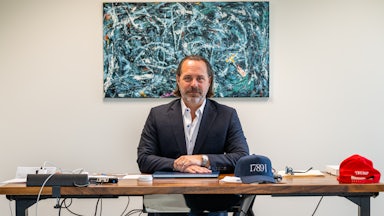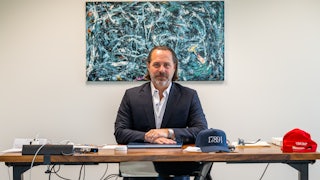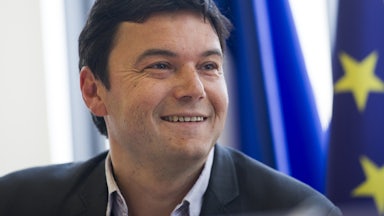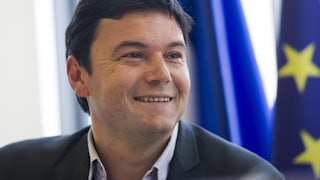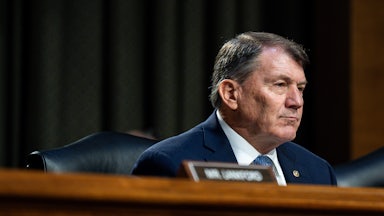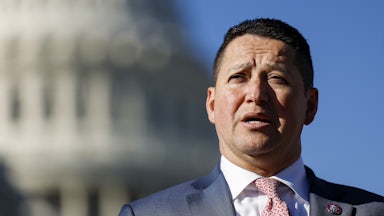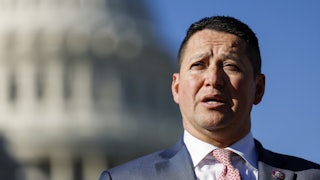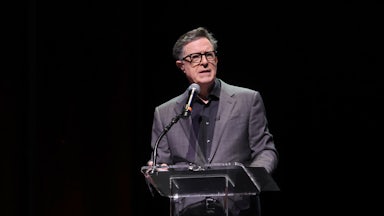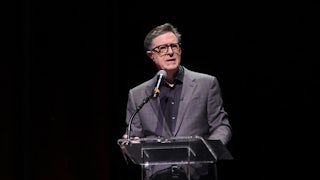On August 3, The New York Times published a cringingly bad op-ed by former BuzzFeed writer David Mack complaining that airport lounges are letting in too much of the rabble these days. “In some” lounges, Mack groused, “with their cubed cheese and powdered eggs, I’ve felt less like [James] Bond and more like Melissa McCarthy’s frumpy cat lady in the 2015 action comedy Spy.”
Fetch my smelling salts! As someone who’s lived nearly seven decades without once setting foot in an airport lounge—not because I’m poor but because they’re a waste of money—I was appalled by Mack’s complaint. I was also puzzled by Mack’s logical inconsistency because immediately after crying a river that airport lounges don’t pamper customers enough, Mack bitched that they pamper customers too much with saunas, Jacuzzis, and Alain Ducasse meals. Oh well, I thought. It’s August, when editors grow desperate for copy. As I’ve noted previously, magazine writers have been using the phrase “silly season” to describe high summer since at least 1861.
To my surprise, however, Mack’s bad op-ed had legs—so much so that it generated some interesting discourse about “elite overproduction.” Fortune’s Nick Lichtenberg (who holds the very 2025 job title “intelligence editor”) wrote that “the declining pleasure of the airport lounge” is “a metaphor for the declining prospects of the upper middle class … [as] certain societies grow so rich and successful that they produce too many people of premium education for the number of premium jobs—or premium experiences—that the economy can actually support.” One result, apparently, is a luxury industry that struggles to calibrate precisely how exclusionary its products and services—such as airport lounges—need to be.
Lichtenberg posted a few days before Mack did, but I caught up with his piece after Mack’s hissy fit prompted me to google “airport lounges.” On finishing the Fortune piece, I contacted my overproduction guru, Dan Alpert, author of the excellent 2013 book The Age of Oversupply. In Alpert’s view, our economic troubles derive from a global oversupply of both labor and capital. The former depresses living standards for workers; the latter feeds financialization and financial speculation because too much money is chasing too little available capital investment.
Dan belongs to the very small group of people I’ve known more than 60 years. We met in September 1963 in Miss Hambel’s kindergarten class at Roosevelt Elementary School in New Rochelle, New York. A decade ago we became reacquainted through our shared interest in wealth inequality. Dan (whose day job, paradoxically, is investment banking) helped devise something called the “job quality index,” a very handy metric that tracks the proportion of good jobs created each month, with “good” defined as anything that pays above the mean real wage. The JQI declined between 1990 and 2007, crashed in 2008–2011, and has mostly been creeping up since, though it remains well below its level prior to the 2008 financial crisis. A mere glance at it plotted out in a graph will clarify for you the rage of the working class.
Our topic today, however, is the rage of what Barbara and John Ehrenreich once labeled the professional-managerial class. This cohort, they noted in a 2019 update, has been in decline since around the start of the twenty-first century. In an email, Dan seconded that:
We sold a broad class of high potential young people on … taking on decidedly un-bourgeois levels of indebtedness to obtain STEM bachelor’s degrees, and advanced degrees in things like economics as well as the hard sciences, with the promise of endless jobs and upward mobility.… Oops!
Things have gotten so bad, the economics blogger Noah Smith noted recently, that the unemployment rate for recent college graduates with degrees in computer engineering (7.5 percent) and computer science (6.1 percent) are double those for recent degree-holders in philosophy (3.2 percent) and art history (3.0 percent). The overall unemployment rate in the United States is 4.2 percent. Before 2020, employment for recent college graduates was always higher than for the population at large, but for the last couple of years it’s been lower.
Fortune’s Lichtenberg identifies the originator of “elite overproduction” theory as Peter Turchin, a retired professor of biology and anthropology at the University of Connecticut who is now project director at a research institute in Vienna. Turchin is a doom-porn guy (he’s both contributed to and been profiled in The Atlantic), and I’m naturally wary of people who espouse, as Turchin does, a highly scientific view of history. (Reader, I am not a Marxist.) Turchin applies to human beings notions he first developed in his studies of population ecology for beetles, moths, voles, and lemmings. Another deficit that I struggle to forgive is an error in the Atlantic profile: Turchin, and also the profile’s author, Graeme Wood, mix up two characters in Tom Stoppard’s 1993 play Arcadia, making reference to the nineteenth-century girl genius Thomasina Coverly when they mean to refer to the twentieth-century frustrated scientist Valentine Coverly. Sorry, but Arcadia happens to be a favorite of mine. (Dear Atlantic: Please correct!)
That said, when millennial journalists start pissing and moaning about overcrowded airport lounges, and when editors at The New York Times consider such complaints publication-worthy, it’s time to give the theory of elite overproduction a look.
Here’s Turchin writing for Bloomberg in November 2016, the month Donald Trump was first elected president:
Elite overproduction generally leads to more intra-elite competition that gradually undermines the spirit of cooperation, which is followed by ideological polarization and fragmentation of the political class. This happens because the more contenders there are, the more of them end up on the losing side.
Do we see ideological polarization within this group? Absolutely. Apart from a shared loathing of Trump, there’s almost as much polarization within the cognitive elite as there is between it and the MAGA right. Look at the major research universities torn apart over competing accusations of antisemitism and indifference to civilian slaughter in Palestine. Might these divisions help account for the surprising ease with which Trump is dismantling university research, depleting universities of foreign students, and seizing control of curricula and admissions policies? I think so. Among the many surprises in Trump’s assault on higher education is that the university establishment couldn’t muster a more fearsome united front. Even super-rich Harvard, which momentarily stood bravely against Trump, is now groping toward surrender. (For Harvard that would revert to form; as I wrote in April, Harvard’s last demonstration of sustained institutional bravery came in 1775.)
Do we see political fragmentation among the cognitive elite? We sure do in New York City, where liberals and the left are more bitterly divided than in modern memory over a mayoral election—so much so that New York Governor Kathy Hochul still hasn’t endorsed the Democratic primary winner, Zohran Mamdani. Neither have New York Senators Chuck Schumer and Kirsten Gillibrand. Nor has House Democratic leader Hakeem Jeffries, who represents Brooklyn. Shockingly, 60 percent of the state’s congressional Democrats have yet to endorse the winner of the primary, held seven weeks ago. Might such divisions help explain how Trump came to power? Absolutely.
The day after The New York Times posted Mack’s op-ed, Smith reposted a 2022 piece about Turchin’s theory of elite overproduction. It noted that demand for lawyers and government employees (the bulk of whom work for state and local governments) leveled off after 2008; that employment in publishing crashed in 2001 and never recovered; and that university job postings in the humanities crashed during the 2008 financial crash and never recovered. (If there’s a poster child for elite overproduction, it’s the humble university adjunct.) In the twenty-first century the professional-managerial class has experienced a loss of economic power that’s analogous to (though of course much more muted than, and conducted at a much higher level than) the working class’s loss of economic power starting in the late 1970s.
In his 2022 post, Smith argued that the pronounced uptick in leftism among the cognitive elite reflects its frustrated economic expectations. “We like to think of revolutions as being carried out by downtrodden factory workers and farmers,” he wrote, “and in some cases that’s true. But frustrated and underemployed elites are uniquely well-positioned to disrupt society.”
That’s an interesting and provocative point. But if the professional-managerial elite is poised to disrupt society, why are its aspirants so little interested in domestic economic inequality, and instead engrossed in activism around racial and sexual identity, the rights of Indigenous minorities, sexual harassment, and climate change?
Granted, the Occupy Wall Street movement that started in 2011 was all about income inequality, and it was led by college graduates. Its battle cry of “We are the 99 percent” was shouted by many who either belonged to the top 10 percent or were destined to join it. And young people today support union rights much more than their parents did. But where are the big campus protests about low taxes on the rich, rampant child labor, or government restrictions on union organizing—in short, large-scale protests about the working-class agenda? I’m sure there are some, but they’re much less evident than encampments protesting Israel’s bombardment of Gaza. Not to slight that cause, or the other causes mentioned here, but if the cultural elite is traumatized by economic dislocation, why aren’t campuses erupting over economic issues alongside these other important matters?
What I see instead is a stupid New York Times op-ed complaining that the riffraff are ruining the airport-lounge experience. Is that really where the professional-managerial class wants to channel its frustrations? Polls often show these affluent voters are more interested in economic justice even than the working class. So why don’t they do more about it? People are always saying the working class, in its support of Donald Trump, is drowning in false consciousness. But when I read David Mack, I think the professional-managerial class suffers from a touch as well.
